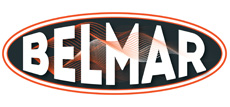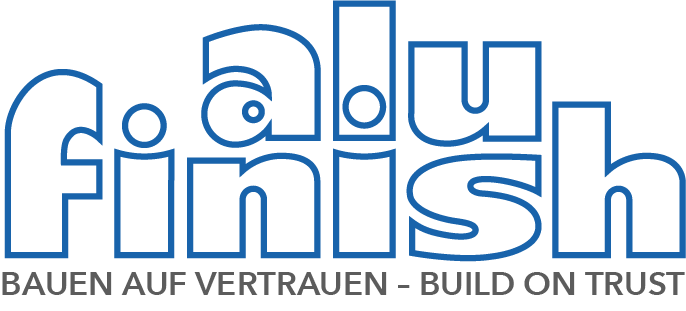ABOUT TECHNOLOGIES
ABOUT CHEMICAL PRETREATMENT

CONTACTS
- 318/10 Yantarna street, Mykolaiv, 54050, Ukraine
- +38 (0512) 58-18-23
- +38 (050) 372-25-95
- +38 (050) 986-58-15
- [email protected]
A WELL PREPARED AND POORLY PAINTED SURFACE IS BETTER THAN A POORLY PREPARED AND WELL PAINTED
Everyone knows well that the surface must be prepared before any painting.
Someone is satisfied with only degreasing, without removing metal oxides and rust from the surface, and believes that this is quite enough, someone goes further and not only degreases, but also creates conversion protective layers on the surface. In any case, if the surface is not properly prepared, then after a short time defects appear on the painted layer.
To avoid defects, it is necessary to prepare the surface before painting. Such preparation will be more expensive, but the painted surface will not lose its properties in an aggressive environment. If oxides remain on the surface, this leads to a weak bonding of the polymer layer of the paint with the metal surface, since the polymer is poorly sorbed (sits down) on the layer of oxides, which leads to the rapid appearance of defects on the surface of the painted material.
METHODS OF CHEMICAL PREPARATION CAN BE DIVIDED INTO TWO GROUPS:
- Continuous action is a complex of baths or pouring tunnels with large containers with filtering treatment facilities in which chemicals are used for many cycles.
- Intermittent action is the equipment of jet pouring with small containers into which always fresh chemical preparations are poured in the amount required for a specific batch of processing.
Each method of action has a number of advantages and disadvantages, but the decisive factor in choosing what to use is the production program of the dyeing complex. Let’s say, if there is a task to prepare 200-300m 2 of raw (uncoated) aluminum profile and such a task occurs once a month, then it is not economically expedient to keep bathtubs constantly filled with tons of chemicals. It is for such tasks that we have developed a specialized unit “chemical robot ” for jet pouring, model AJPU-5.
TASKS FOR QUALITY SURFACE PREPARATION:
- it is necessary to remove a layer of dirt and the remains of lubricants from the metal surface;
- remove the oxide layer;
- if it is possible to increase the plane of contact of the polymer with the paint – make a so-called “lawn track”;
- create an intermediate (conversion) layer between the metal and the paint – such a layer should improve the interaction of polymer paint molecules with the metal and protect the metal surface from the effects of corrosion.
There are many technologies to perform these processes. Today, the Alufinish GmbH & Co.KG (Germany)company occupies a leading position in the production of preparations for the chemical preparation of metals before painting. The company has developed many technologies and preparations for complex acid etching, degreasing, phosphating, and passivation. Coatings obtained using these technologies are characterized by very good adhesion and anti-corrosion properties.
To prepare raw aluminum for painting, we stopped short of our choice and recommend the innovative Envirox NR chrome-free passivation technology. This technology does not use chrome and does not require an end
washing. A one-component solution containing a polymer and titanium-based inorganic additives is prepared. As a result of this technology, there is no waste water containing metals.
ADVANTAGES OF ENVIROX NR TECHNOLOGY
- surface cleaning and etching in one cycle;
- low-temperature drugs;
- titanium passivator replaced toxic chromium;
- simple and inexpensive wastewater treatment;
- process automation;
- environmental friendliness of the process – approved by QUALICOAT and GSB.
